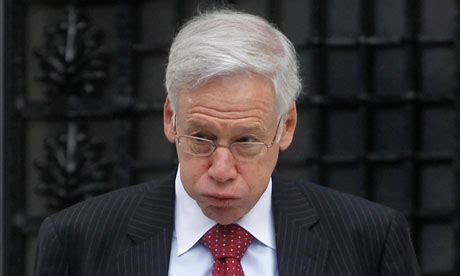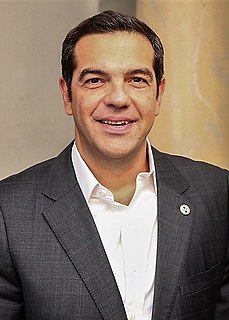A Quote by Eliot Spitzer
The world has conducted a massive macro-economic experiment since the cataclysm of 2008. In Europe, the fans of austerity have had their chance, and the results have been a disaster.
Related Quotes
What the U.S. does is it continues to print money when the economic situation gets difficult. This is what happened in the last depression during the summer of 2008 when they tried to resolve the economic crisis by printing valueless money. This is the business privilege given to them at the famous conference of Bretton Woods in 1944 when the United States emerged as the superpower after Europe and the rest of the world, mainly Europe, that had collapsed because of the war.
The US and Europe are committing suicide in different ways. In Europe it's austerity in the midst of recession and that's guaranteed to be a disaster. There's some resistance to that now. In the US, it's essentially off-shoring production and financialization and getting rid of superfluous population through incarceration.
And what if we’d been utterly open? Made jokes about the first wife? What if we’d been that kind of family? Well, I would have been different, surely. But not because I knew the secret. For it wasn’t the secret—the secret that wasn’t a secret anyway—that led to the austerity in our lives. It was the austerity that led to the secret. And what I had been marked by, probably most of all, was the austerity. It had made secrets in my life too. Or silences, anyway, that became secrets. That became lies.
After we had conducted thousands of experiments on a certain project without solving the problem, one of my associates, after we had conducted the crowning experiment and it had proved a failure, expressed discouragement and disgust over our having failed to find out anything. I cheerily assured him that we had learned something. For we had learned for a certainty that the thing couldnt be done that way, and that we would have to try some other way.
There seems to be a passive alliance between Vladimir Putin and Donald Trump and that's unprecedented in its form and dangerous in its content, because Russia is our most dangerous geopolitical opponent because of the desires that they have in the Middle East and because of their desire to break up Europe. And in the United States, we spent a lot of blood and a lot of treasure trying to keep Europe intact and democratic, and trying to keep the Middle East from being only influenced by people who are massive fans of [Syrian President] Assad and massive fans of the Iranians.
In 2003, at the time I made my "Old Europe" comment, the center of gravity in NATO and Europe had long since shifted to the East. With the former Warsaw Pact countries joining NATO, the alliance has a different mix today. Some people were sensitive about my comment because they thought it was a pejorative way of highlighting demographic realities. Apparently they felt it pointed a white light at a weakness in Europe - an aging population. Europe has come some distance since World War II in becoming Europe.




































